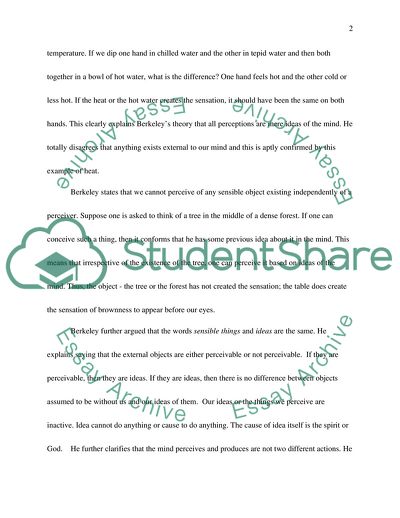Cite this document
(Berkeley and Philosophy Essay Example | Topics and Well Written Essays - 1250 words, n.d.)
Berkeley and Philosophy Essay Example | Topics and Well Written Essays - 1250 words. https://studentshare.org/philosophy/1704034-berkeley-and-philosophy
Berkeley and Philosophy Essay Example | Topics and Well Written Essays - 1250 words. https://studentshare.org/philosophy/1704034-berkeley-and-philosophy
(Berkeley and Philosophy Essay Example | Topics and Well Written Essays - 1250 Words)
Berkeley and Philosophy Essay Example | Topics and Well Written Essays - 1250 Words. https://studentshare.org/philosophy/1704034-berkeley-and-philosophy.
Berkeley and Philosophy Essay Example | Topics and Well Written Essays - 1250 Words. https://studentshare.org/philosophy/1704034-berkeley-and-philosophy.
“Berkeley and Philosophy Essay Example | Topics and Well Written Essays - 1250 Words”. https://studentshare.org/philosophy/1704034-berkeley-and-philosophy.


